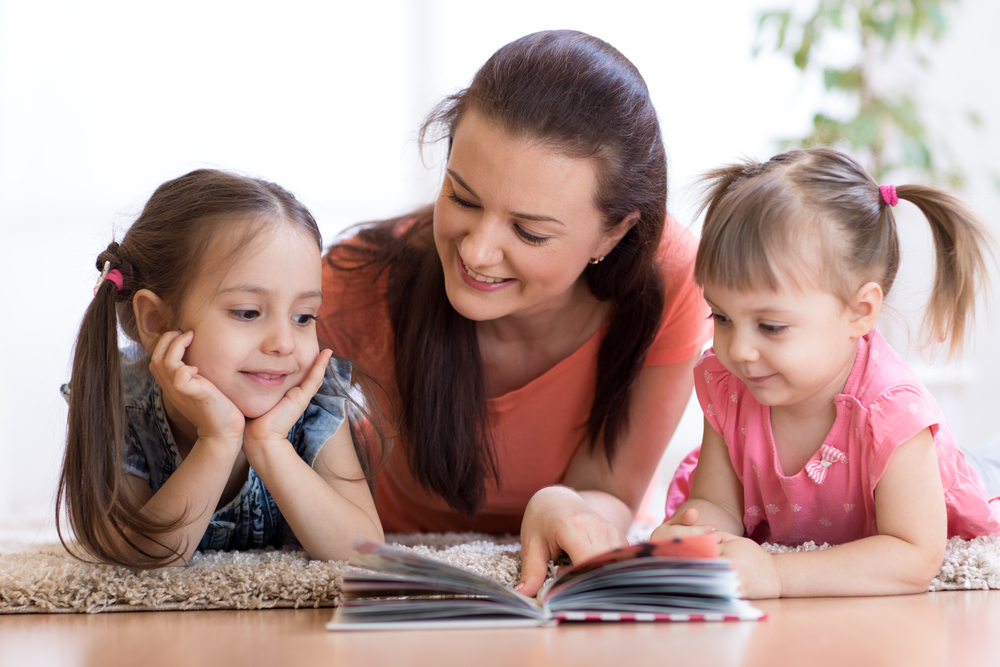Measurement skills Worksheets for Ages 3-9
4 filtered results
-
From - To
Discover our engaging "Measurement Skills Worksheets for Ages 3-9" designed to develop and enhance your child's understanding of essential measurement concepts. With a variety of fun and educational exercises, kids will learn to measure length, weight, and volume, compare objects, and understand units of measurement. Our age-appropriate worksheets ensure that children grasp foundational skills through playful activities and visual aids, making learning both exciting and effective. Ideal for home or classroom use, our printable resources provide a comprehensive approach to mastering measurement, fostering confidence and proficiency in young learners. Start your child's measurement journey today!
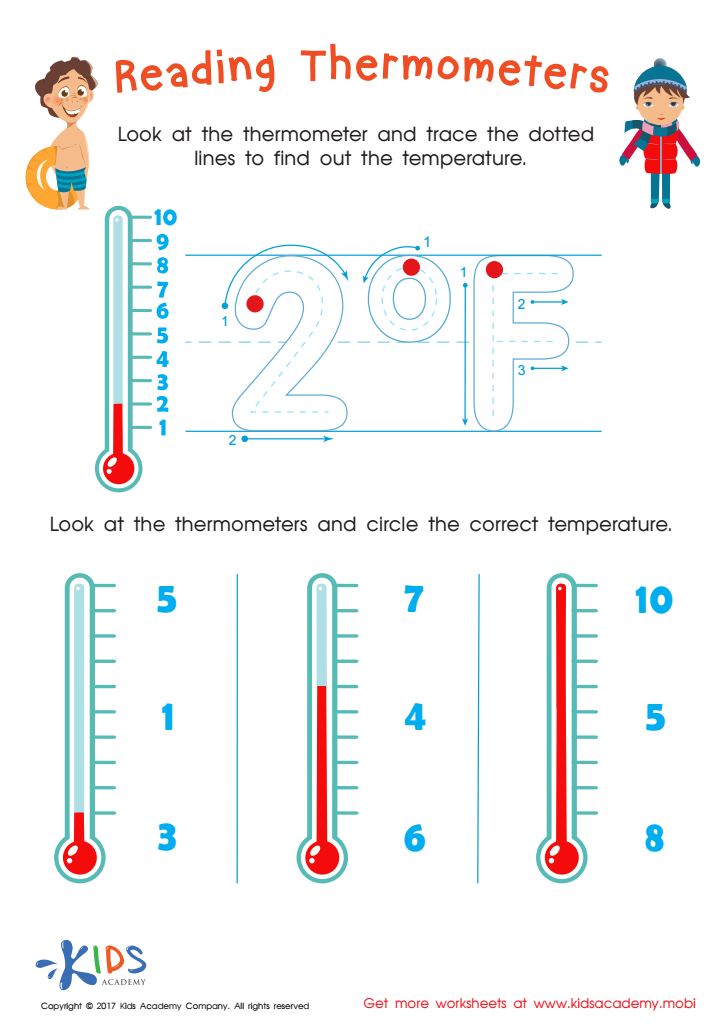

Reading Thermometers Printable
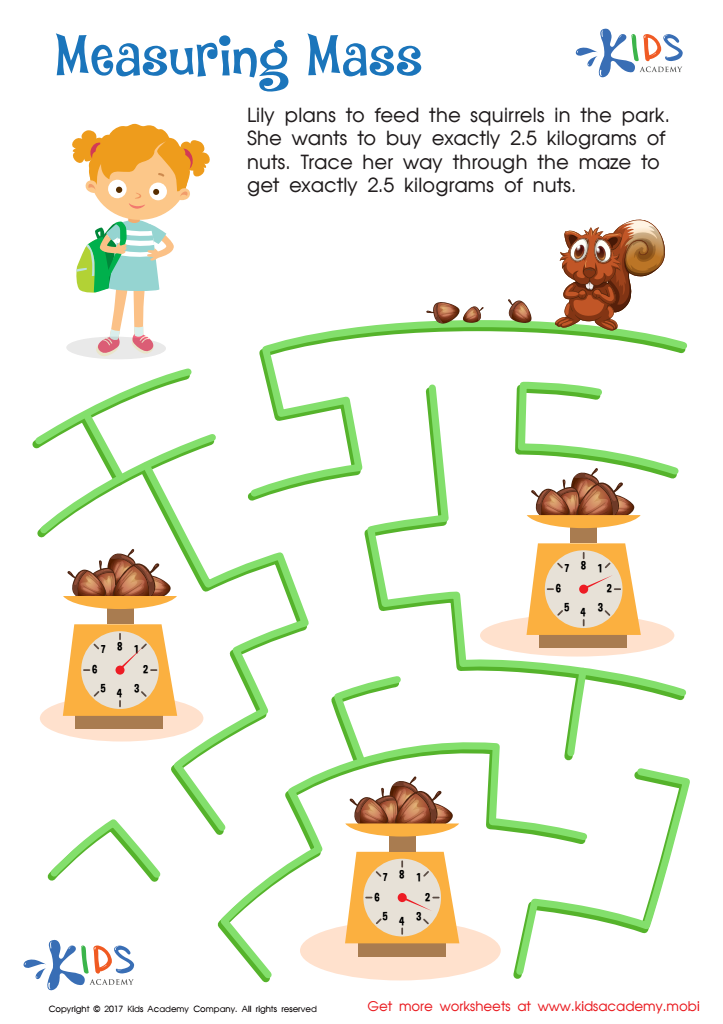

Measuring Mass Worksheet
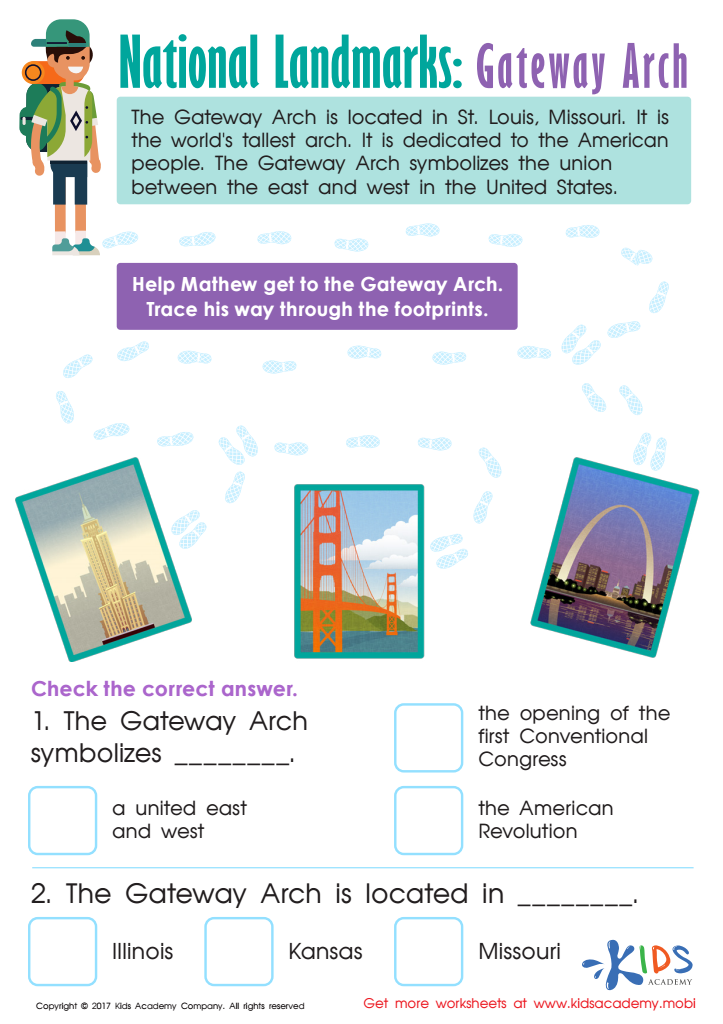

Gateway Arch Printable Worksheet
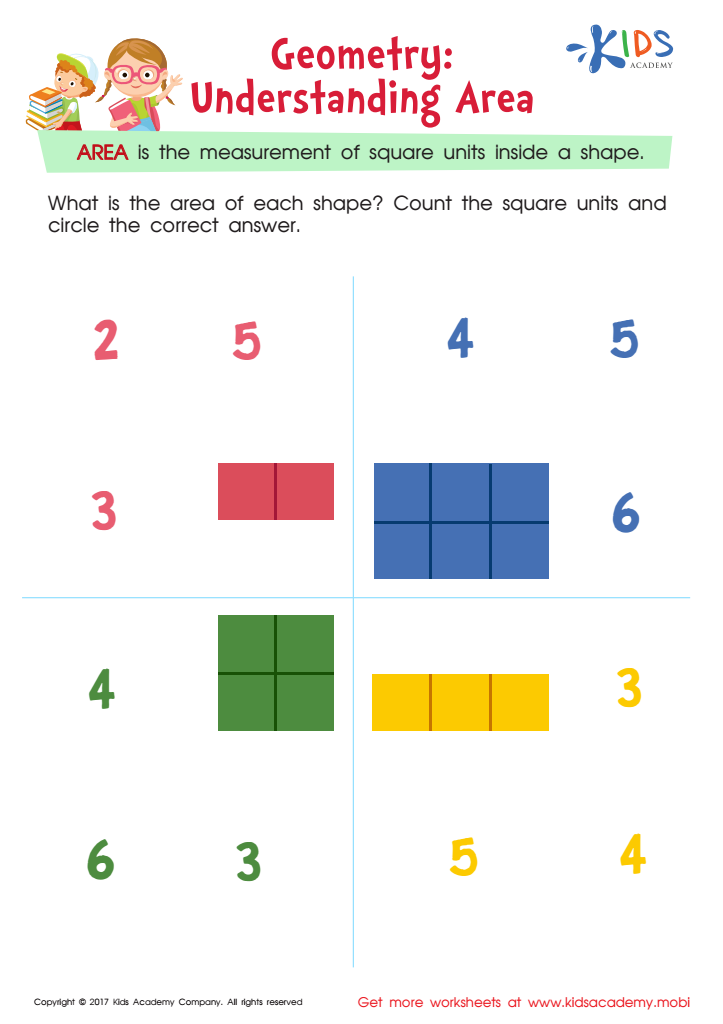

Understanding Area Worksheet
Measurement skills are fundamental for young children (ages 3-9) because they lay the groundwork for mathematical understanding and critical thinking. At this age, kids are naturally curious about their environments, and grasping measurement concepts helps them to make sense of the world around them. By engaging with measurement, children learn to compare objects, understand volume, distinguish quantities, and recognize patterns, all of which contribute to their cognitive development.
Parents and teachers should prioritize these skills because early competency in measurement supports later success in more complex mathematics, science, and technology subjects. Measurement activities also enhance language development as kids learn to describe and discuss attributes like length, weight, and height, expanding their vocabulary.
Moreover, applying measurement in practical, hands-on activities—such as cooking or building with blocks—makes learning interactive and enjoyable. It fosters problem-solving abilities, fine motor skills, and attention to detail. These experiences also elevate children’s confidence by providing a sense of accomplishment.
In a broader sense, understanding measurement basics is integral to everyday tasks, such as telling time, following recipes, and navigating space. Parents and teachers who invest in reinforcing these skills through playful learning experiences contribute significantly to a child's holistic educational development and lifelong skills.

 Assign to My Students
Assign to My Students







